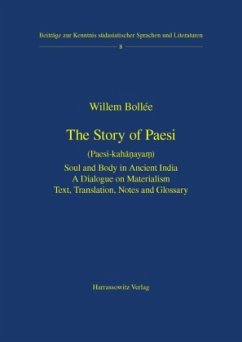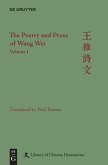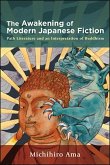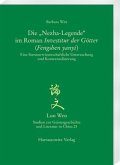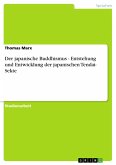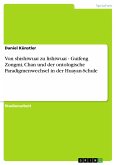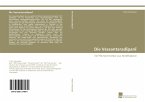The story of the materialist prince Paesi is the only larger legend common to Jain and Buddhist (Payasi in the Digha-nikaya) canonical literature and a rare sample of a lively dialogue. Its subject, the corporeality of the soul, is denied by the Jains. In contrast the Buddhists consider the "I" a fac¸on de parler for practical reasons. Modern brain research tends in favour of the Buddhist view of the ego as being impermanent and therefore an illusion created by the brain. The problem in this dialogue of Paesi with a Jain monk, which is set in the axial age of reflexion on and discussion of the soul (6th century BCE), but in its present literary form dates some centuries later, has therefore in two millennia not lost its actuality. Differently from the Buddhist version the story of Paesi ends tragically; after his conversion the prince is murdered by his wife. The single arguments in the discussion show many ancient Indian realia (birth ritual, diseases, etiquette, ethnic list of female servants, execution of thieves, regicide, 72 professions, similes etc.) which have been commented upon in the notes.
Bitte wählen Sie Ihr Anliegen aus.
Rechnungen
Retourenschein anfordern
Bestellstatus
Storno

